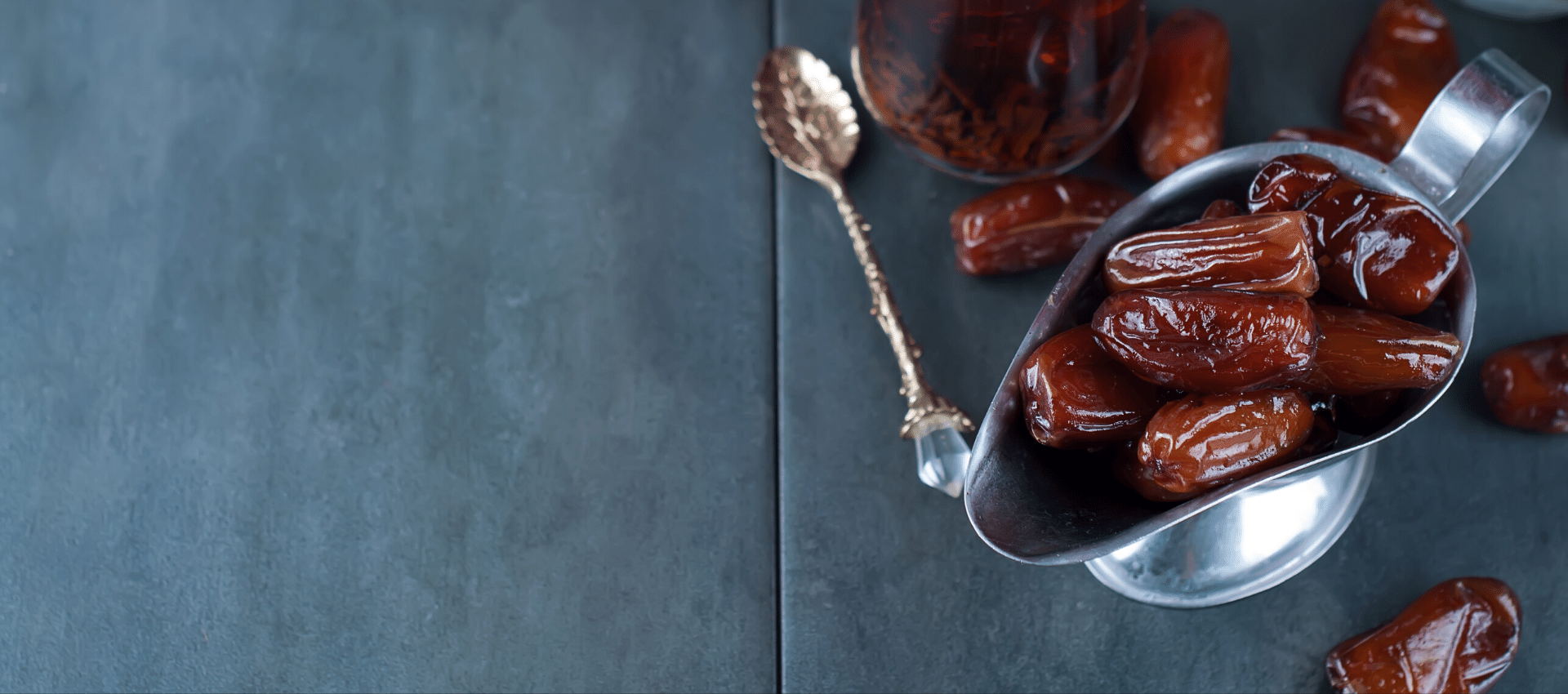24 Mar Understanding Tawakkul
As Muslims, we should never underestimate the need to take precautions to protect ourselves. We are taught to take precautions as much as we can and then leave the rest to Allah – we strengthen our faith by increasing our prayers and supplications to Him and doing that which pleases Him.
Our Prophet (Pbuh) shared two miracle arrows in Islam’s quiver. Sadaqah and Dua.
“Give charity without delay, for it stands in the way of calamity,” (Al-Tirmidhi)
Supplication can alter divine decree
“The dua meets the calamity that has been decreed and wrestles with it, until the Day of Resurrection” (Tabarani).
Understanding Tawakkul & Tying Your Camel - By Shabbir Hassan
Many of us have heard of the concept of ‘tawakkul’ in Islam, but how many of us have really understood what it means?
Allah announces His love for the people of tawakkul, saying:
“When you are firm (in making a decision), then have tawakkul in Allah, for surely Allah loves the people of tawakkul.” [3:159]
Not only this, but Allah says He is enough for those who have tawakkul in Him:
“And whoever has tawakkul in Allah, He is sufficient for them.” [65:3]
You’ve probably realised that I haven’t yet translated the word tawakkul, which was intentional. Tawakkul in Allah can loosely be translated as having full hope in Him, or placing your reliance in God. However, we can understand what tawakkul means better when we understand what Allah’s name ‘Al-Wakil’ means.
We are taught to frequently recite the following:
“Allah is sufficient for us, and He is the best of Guardians.”
Here Allah is referred to as Al-Wakil, which can be loosely translated as ‘The Guardian’ or ‘The Disposer of Affairs.”
The term ‘wakil’ is also a legal term which refers to a power of attorney. It is someone you trust who you transfer responsibility to, knowing that they will make decisions on your behalf in your best of interests. Allah is our Wakil, meaning we transfer responsibility to Him and Him alone to take care of us and do things in the best of our interests. In other words, He is our Guardian and Protector, and always has our back.
Coming back to tawakkul, how can it be applied? You may have heard of narration in Al-Tirmidhi:
“Tie your camel, then have tawakkul in Allah”
We may not be able to fully comprehend or understand. Why? It may have something to do with the fact that we’re not too familiar with camels! So let’s use language that we can all relate to.
When the Prophet ﷺ said: “Tie your camel”, we can understand this as “lock your car.” A person who has misunderstood tawakkul will, once they’ve parked their car up, leave their windows down, leave valuable belongings on display, and not lock their car. They would say that Allah will look after the car and them, and that there’s really nothing to worry about. Such individuals don’t actually have tawakkul, instead they have something called ‘tamanni’ which is having false hopes in Allah.
The true meaning of tawakkul is that we do whatever we can, and then leave the rest to Allah. In other words, we put our windows up, take valuable belongings with us, then lock our cars. We then trust that Allah will take care of it for us, and even if something were to happen, we can still find solace in knowing that we did what we could, and that the rest was up to the qadr (decree) of God Almighty.
Taking from the means of this world does not negate our tawakkul, rather part of tawakkul is exerting our efforts then leaving the rest to Allah. This is found in the example of our Prophet ﷺ . When he needed money, he would go out and work for it, then leave his rizq (provision) to Allah. Before a military expedition, he would prepare his army and even wear armour, before leaving the results to Him. And likewise when he fell ill, he turned to medication and other ailments as well as making du’a.
Tawakkul is an essential part of our faith, and correctly understanding and applying it is what helps us navigate and get through life. May Allah make us from the people of true tawakkul, and may He grant us goodness in this life and the next.
If you found this useful, please consider making a donation to Noor Ul Islam. We rely on our community to fund our progress. Now is as important as ever for you to continue supporting your Masjid.
The Prophet (Pbuh) has taught us the best of deeds are those that done consistently, even if they are small.


